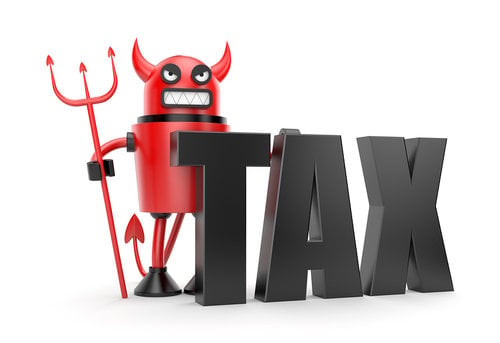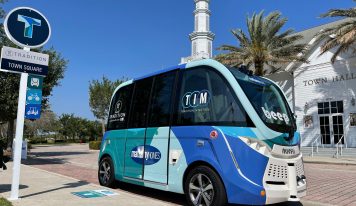
In a recent interview with Quartz, Bill Gates said that a robot tax could finance jobs taking care of elderly people or working with kids in schools, for which needs are unmet and to which humans are particularly well suited. He argues that governments must oversee such programs rather than relying on businesses, in order to redirect the jobs to help people with lower incomes.
“You ought to be willing to raise the tax level and even slow down the speed” of automation, Gates argues.
This is an absolutely shocking sentiment from someone who founded Microsoft, one of the major forces driving automation forward in the world.
Should we have taxed computer operating systems and productivity suites because they made companies more efficient – allowing companies to hire less people? Moreover could it be argued that each copy of Microsoft Office put at least one accountant and secretary out of work and should be retroactively taxed $100,000 as a result?
Exactly which countries will be taxing robots? Wouldn’t it be economic suicide to slow your country’s move to robotic manufacturing if other countries have no restrictions?
Wouldn’t it be better to have robotic factories in a country, as opposed to no factories?
Obviously Bill Gates has been extremely successful in his career and is the envy of many (including us) but this idea he espouses seems shocking from a person who played a huge part for the technology revolution we’ve been living in for many decades. Comments like this have the potential to sway governments who don’t think beyond the feel-good nature of such statements and realize the real damage their implementation could do to their economies.





